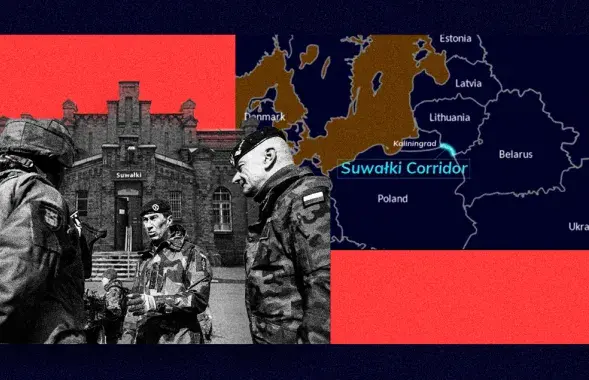Inter-ethnic marriages: Stories from Brest
In Brest region, families are often born across borders. Euroradio brings three stories from women in the western Belarus.
Alexandra Shyryna is a psychiatrist. She got her diploma recently but went to work abroad.
"A doctor in this country cannot afford to buy an apartment. Therefore, I went to work abroad. I worked officially for two years on an unqualified job. There, in Ireland, I met my husband. There are many people from the former Soviet Union in Ireland. My husband is from Latvia. We got married in 2005. Then, we spent another year in Ireland. I came back to Belarus to give birth. The husband was also to come but he changed his plans. So we have a guest marriage now". 
Alexandra says that she was also in Latvia and was received well. But there were problems:
"They don't like us Russian-speaking people. It does not matter if you are a Russian or not. They think we all are invaders. My husband taught me some Latvian; I understand Latvia. But when he started speaking Latvian at home, I started speaking Belarusian. Eventually, we ended up speaking Russian and were happy".
The husband comes once in two years. Besides there were cultural adventures. Alexandra continues: "When we were receiving a visa at the Latvian embassy, the consul spoke Latvian to my husband and Belarusian to me. My husband was very impressed. I felt good".
Alexander Wigand is from Zolingen in Germany. He has spent many years collecting humanitarian aid for Belarus. "This country has beautiful landscapes and mentality is soft. I took my wife from here. We met six years ago. I was on my way bringing humanitarian aid to Babruisk. I was having a dinner with my friend at an outdoor restaurant in Brest. There were two ladies at the next table. One of them asked: "Do all German speak loudly in a restaurant?" That's how we met. Later she often helped me with translation". 
German-Belarusian family Alexander and Ludmila Vigand wth children on holidays in Brest
With this van, Wigand takes humanitarian aid even to Africa. He says everything is easier there than in Belarus
"Within the family, children -- Elisabeth and Luis -- speak German and Russian. They have no problems with the languages".
Alena Sayevich met her Russian husband at work:
"We have Polish-Ukrainian roots. I understand Polish well, because my grandmother was Polish and spoke Polish. We celebrate the Polish, Belarusian and Russian festive days. On Christmas or New Year, we serve the Russian, Polish and the Belarusian dishes so that nobody is hurt. 
Photo: bymedia.net and reporter



















